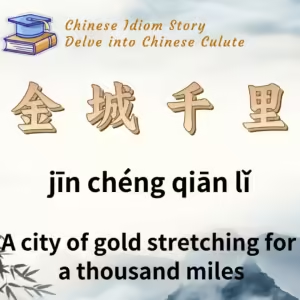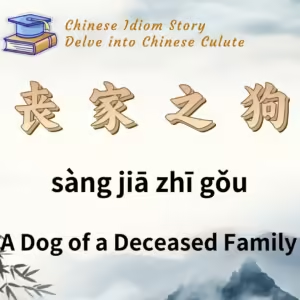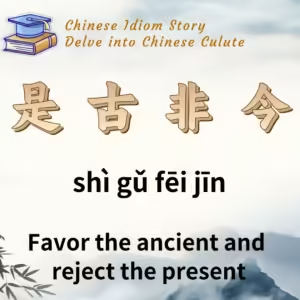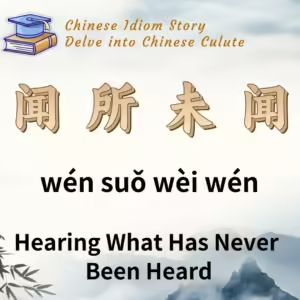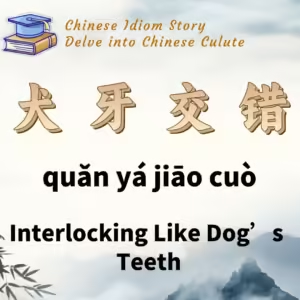
Chinese Idiom: 犬牙交错 (Quan Ya Jiao Cuo)
English Translation: Interlocking Like Dog’s Teeth
pīn yīn: quǎn yá jiāo cuò
Idiom Meaning: Describes a situation where boundaries or divisions are intricate and interwoven, or a situation that is complex and entangled.
Historical Source: Book of Han (《汉书·景十二王传·中山靖王传》)
Idiom Story
After Liu Bang founded the Han Dynasty, he sought to consolidate his power by abolishing the harsh policies of the Qin Dynasty and stabilizing the lives of the common people. To secure his family’s rule, he also eliminated rival kings and established many of his own descendants as local rulers. He believed this would ensure the perpetuity of the Liu family’s reign.
However, by the time of the third Han emperor, Emperor Jing, these Liu family vassal kings had grown powerful. They began to challenge the central authority, feigning compliance with imperial commands, or ignoring them altogether, and some even schemed to seize the throne.
Chao Cuo, a high-ranking official, noticed the growing threat and advised the emperor to weaken these vassal kings by gradually reclaiming their territories to reinforce the central authority.
The vassal kings, fearing the loss of their power, quickly united and launched a rebellion under the pretext of “punishing Chao Cuo and purging the court of traitors.”
Fortunately, Emperor Jing managed to quell the rebellion with military force. Nevertheless, he did not learn from this experience and continued to grant lands to his own sons as vassal kings.
When Emperor Wu succeeded his father, the power of these vassal kings continued to grow. Learning from the previous rebellion, Emperor Wu decided to limit their power. The vassal kings, worried about the potential loss of their lands, pleaded with Emperor Wu, saying, “Your Majesty, we are your close kin! The large territories granted to us by our ancestors are interlocked like a dog’s teeth, designed to support each other and reinforce our family’s power. If you reclaim our lands, it would go against the wishes of our forebears!”
Emperor Wu, momentarily at a loss for words, comforted them but secretly enacted measures to divide their lands among their sons. As a result, the formerly large vassal states were split into many smaller ones, weakening their power and strengthening the central authority.

